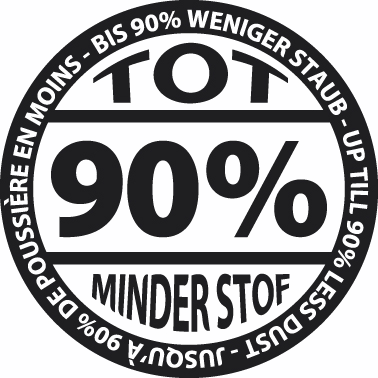eurocol
692 JOINTING CEMENT
Grouting cement for ceramic floor tiles.







